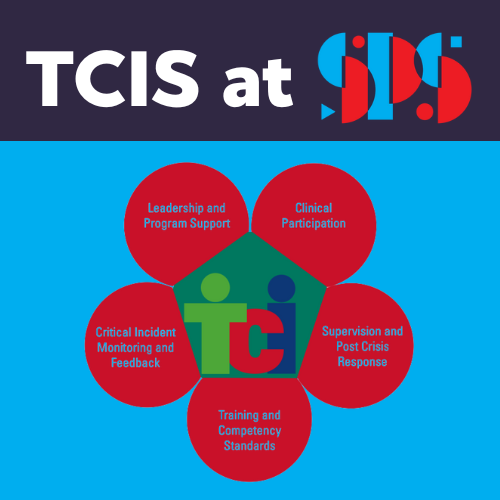
At Sturgeon Public Schools, we are committed to fostering safe, supportive, and inclusive learning environments for all students. One of the key tools we use to achieve this is the Therapeutic Crisis Intervention for Schools (TCIS) system. TCIS is a trauma-informed, division-wide framework designed to help staff prevent crises, de-escalate potential conflicts, and support students in developing healthy emotional regulation and coping skills. This system not only enhances safety and well-being but also promotes stronger relationships between students, staff, and families.
What is TCIS?
TCIS is a system approach that gives school staff safe and effective skills to manage emotional and behavioral challenges.
- It is a framework for the school division that:
- Creates a safe environment for students and staff
- Proactively prevents and de-escalates challenging situations
- Handles high-stress situations in a planned way, with physical intervention if needed to reduce risk
- Reviews high-stress situations with students to help improve their coping strategies
When is TCIS Used?
- To prevent problems before they escalate.
- To support students when they struggle to manage emotions or behaviors.
- All students learn emotional and social skills for success.
Why TCIS?
- SPS believes in growth through learning.
- Staff are trained to support students in a calm, respectful, and planned way.
- Students and staff build strong, trusting relationships.
What Does TCIS Look Like in Schools?
- Staff recognize and respond to students’ needs.
- Students, parents, and staff work together to create support plans.
- Caring conversations help students learn to self-regulate.
What Happens After an Incident? (Life Space Interview)
After a high-stress situation, a discussion occurs between the student and a staff member to clarify the events for both parties. The goal is to help the student learn ways to regulate their emotions independently in the future.
- Staff support students in learning and practicing self-regulation skills.
- Together, they discuss the best ways for the student to return to their routines and the classroom.
This is followed by restorative practices including facilitated conversations, relationship repair, shared responsibility for student support, and ongoing follow-up to maintain progress.